RISE OF SUBSCRIPTION ECONOMY
입력 2020.06.15 (15:06)
수정 2020.06.15 (19:35)
읽어주기 기능은 크롬기반의
브라우저에서만 사용하실 수 있습니다.
[Anchor Lead]
The subscription economy allows consumers to receive products or services by paying a fixed fee on a regular basis. In the past, subscription services were mostly limited to newspaper and milk deliveries. But such services have been on the rise amid the pandemic as consumers prefer to receive non-contact services without leaving their homes.
[Pkg]
Laundry is placed at the doorstep before going to bed. The next afternoon it is washed and by the evening it's delivered back to the customer clean and pressed. This is a non-contact laundry subscription service.
[Soundbite] SHIN DA-HYANG(USER OF LAUNDRY SUBSCRIPTION SERVICE) : "I'm worried about having face-to-face contact with the laundry workers and other customers because of the pandemic. It's very convenient to have your laundry delivered to your doorstep in just one day."
This laundry company has seen its sales and new clients double since the pandemic. It's also providing its services in other regions.
[Soundbite] CHO SUNG-WOO(CEO OF LAUNDRY SUBSCRIPTION SERVICE PROVIDER) : "Since the pandemic more and more customers who used our services once are subscribing to a regular delivery service."
Subscription services these days go beyond clothing and food. They also include individual hobbies. Various art works are hung up all over the house.
[Soundbite] "Some are smiling."
A curator introduces each one of them. The house is transformed into an art gallery.
[Soundbite] HAN SE-HEE(CURATOR OF PAINTING SUBSCRIPTION SERVICE) : "We are seeing a surge in subscriptions as people tend to spend more time at home and it's not easy to visit art galleries because of the prolonged pandemic."
[Soundbite] "Tory, look at this. It looks delicious."
Regular delivery services targeting pet owners are also rising in popularity. A survey shows that one in every four people in Korea used regular delivery services, paying around 50,000 won a month. More than 40 percent of them said they planned to subscribe to more services within six months.
[Soundbite] CHO YUN-KYUNG(USER OF PET FOOD SUBSCRIPTION SERVICE) : "Tory looks forward to receiving her parcels every month. I'm very satisfied with this service. I'd like to recommend it to other pet owners."
The global subscription economy market is predicted to reach 600 trillion won this year, emerging as a new trend in the retail sector.
The subscription economy allows consumers to receive products or services by paying a fixed fee on a regular basis. In the past, subscription services were mostly limited to newspaper and milk deliveries. But such services have been on the rise amid the pandemic as consumers prefer to receive non-contact services without leaving their homes.
[Pkg]
Laundry is placed at the doorstep before going to bed. The next afternoon it is washed and by the evening it's delivered back to the customer clean and pressed. This is a non-contact laundry subscription service.
[Soundbite] SHIN DA-HYANG(USER OF LAUNDRY SUBSCRIPTION SERVICE) : "I'm worried about having face-to-face contact with the laundry workers and other customers because of the pandemic. It's very convenient to have your laundry delivered to your doorstep in just one day."
This laundry company has seen its sales and new clients double since the pandemic. It's also providing its services in other regions.
[Soundbite] CHO SUNG-WOO(CEO OF LAUNDRY SUBSCRIPTION SERVICE PROVIDER) : "Since the pandemic more and more customers who used our services once are subscribing to a regular delivery service."
Subscription services these days go beyond clothing and food. They also include individual hobbies. Various art works are hung up all over the house.
[Soundbite] "Some are smiling."
A curator introduces each one of them. The house is transformed into an art gallery.
[Soundbite] HAN SE-HEE(CURATOR OF PAINTING SUBSCRIPTION SERVICE) : "We are seeing a surge in subscriptions as people tend to spend more time at home and it's not easy to visit art galleries because of the prolonged pandemic."
[Soundbite] "Tory, look at this. It looks delicious."
Regular delivery services targeting pet owners are also rising in popularity. A survey shows that one in every four people in Korea used regular delivery services, paying around 50,000 won a month. More than 40 percent of them said they planned to subscribe to more services within six months.
[Soundbite] CHO YUN-KYUNG(USER OF PET FOOD SUBSCRIPTION SERVICE) : "Tory looks forward to receiving her parcels every month. I'm very satisfied with this service. I'd like to recommend it to other pet owners."
The global subscription economy market is predicted to reach 600 trillion won this year, emerging as a new trend in the retail sector.
■ 제보하기
▷ 카카오톡 : 'KBS제보' 검색, 채널 추가
▷ 전화 : 02-781-1234, 4444
▷ 이메일 : kbs1234@kbs.co.kr
▷ 유튜브, 네이버, 카카오에서도 KBS뉴스를 구독해주세요!
- RISE OF SUBSCRIPTION ECONOMY
-
- 입력 2020-06-15 15:10:09
- 수정2020-06-15 19:35:33
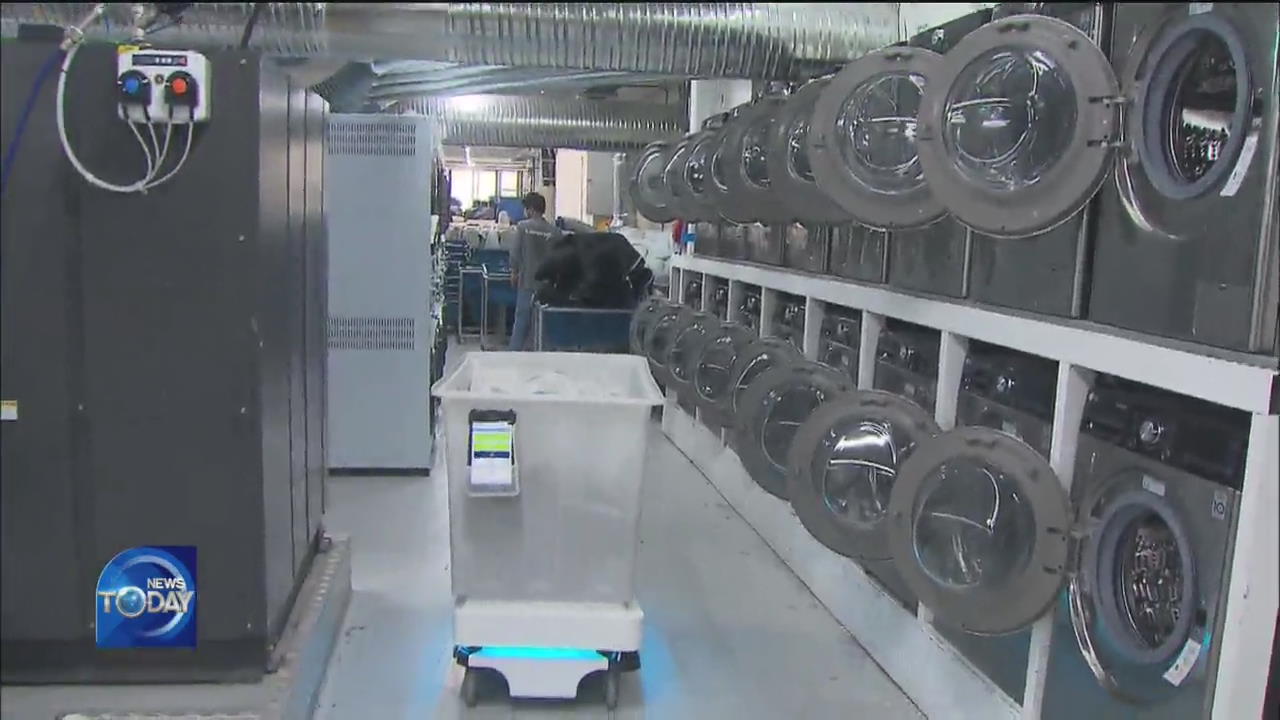
[Anchor Lead]
The subscription economy allows consumers to receive products or services by paying a fixed fee on a regular basis. In the past, subscription services were mostly limited to newspaper and milk deliveries. But such services have been on the rise amid the pandemic as consumers prefer to receive non-contact services without leaving their homes.
[Pkg]
Laundry is placed at the doorstep before going to bed. The next afternoon it is washed and by the evening it's delivered back to the customer clean and pressed. This is a non-contact laundry subscription service.
[Soundbite] SHIN DA-HYANG(USER OF LAUNDRY SUBSCRIPTION SERVICE) : "I'm worried about having face-to-face contact with the laundry workers and other customers because of the pandemic. It's very convenient to have your laundry delivered to your doorstep in just one day."
This laundry company has seen its sales and new clients double since the pandemic. It's also providing its services in other regions.
[Soundbite] CHO SUNG-WOO(CEO OF LAUNDRY SUBSCRIPTION SERVICE PROVIDER) : "Since the pandemic more and more customers who used our services once are subscribing to a regular delivery service."
Subscription services these days go beyond clothing and food. They also include individual hobbies. Various art works are hung up all over the house.
[Soundbite] "Some are smiling."
A curator introduces each one of them. The house is transformed into an art gallery.
[Soundbite] HAN SE-HEE(CURATOR OF PAINTING SUBSCRIPTION SERVICE) : "We are seeing a surge in subscriptions as people tend to spend more time at home and it's not easy to visit art galleries because of the prolonged pandemic."
[Soundbite] "Tory, look at this. It looks delicious."
Regular delivery services targeting pet owners are also rising in popularity. A survey shows that one in every four people in Korea used regular delivery services, paying around 50,000 won a month. More than 40 percent of them said they planned to subscribe to more services within six months.
[Soundbite] CHO YUN-KYUNG(USER OF PET FOOD SUBSCRIPTION SERVICE) : "Tory looks forward to receiving her parcels every month. I'm very satisfied with this service. I'd like to recommend it to other pet owners."
The global subscription economy market is predicted to reach 600 trillion won this year, emerging as a new trend in the retail sector.
The subscription economy allows consumers to receive products or services by paying a fixed fee on a regular basis. In the past, subscription services were mostly limited to newspaper and milk deliveries. But such services have been on the rise amid the pandemic as consumers prefer to receive non-contact services without leaving their homes.
[Pkg]
Laundry is placed at the doorstep before going to bed. The next afternoon it is washed and by the evening it's delivered back to the customer clean and pressed. This is a non-contact laundry subscription service.
[Soundbite] SHIN DA-HYANG(USER OF LAUNDRY SUBSCRIPTION SERVICE) : "I'm worried about having face-to-face contact with the laundry workers and other customers because of the pandemic. It's very convenient to have your laundry delivered to your doorstep in just one day."
This laundry company has seen its sales and new clients double since the pandemic. It's also providing its services in other regions.
[Soundbite] CHO SUNG-WOO(CEO OF LAUNDRY SUBSCRIPTION SERVICE PROVIDER) : "Since the pandemic more and more customers who used our services once are subscribing to a regular delivery service."
Subscription services these days go beyond clothing and food. They also include individual hobbies. Various art works are hung up all over the house.
[Soundbite] "Some are smiling."
A curator introduces each one of them. The house is transformed into an art gallery.
[Soundbite] HAN SE-HEE(CURATOR OF PAINTING SUBSCRIPTION SERVICE) : "We are seeing a surge in subscriptions as people tend to spend more time at home and it's not easy to visit art galleries because of the prolonged pandemic."
[Soundbite] "Tory, look at this. It looks delicious."
Regular delivery services targeting pet owners are also rising in popularity. A survey shows that one in every four people in Korea used regular delivery services, paying around 50,000 won a month. More than 40 percent of them said they planned to subscribe to more services within six months.
[Soundbite] CHO YUN-KYUNG(USER OF PET FOOD SUBSCRIPTION SERVICE) : "Tory looks forward to receiving her parcels every month. I'm very satisfied with this service. I'd like to recommend it to other pet owners."
The global subscription economy market is predicted to reach 600 trillion won this year, emerging as a new trend in the retail sector.
이 기사가 좋으셨다면
-
좋아요
0
-
응원해요
0
-
후속 원해요
0










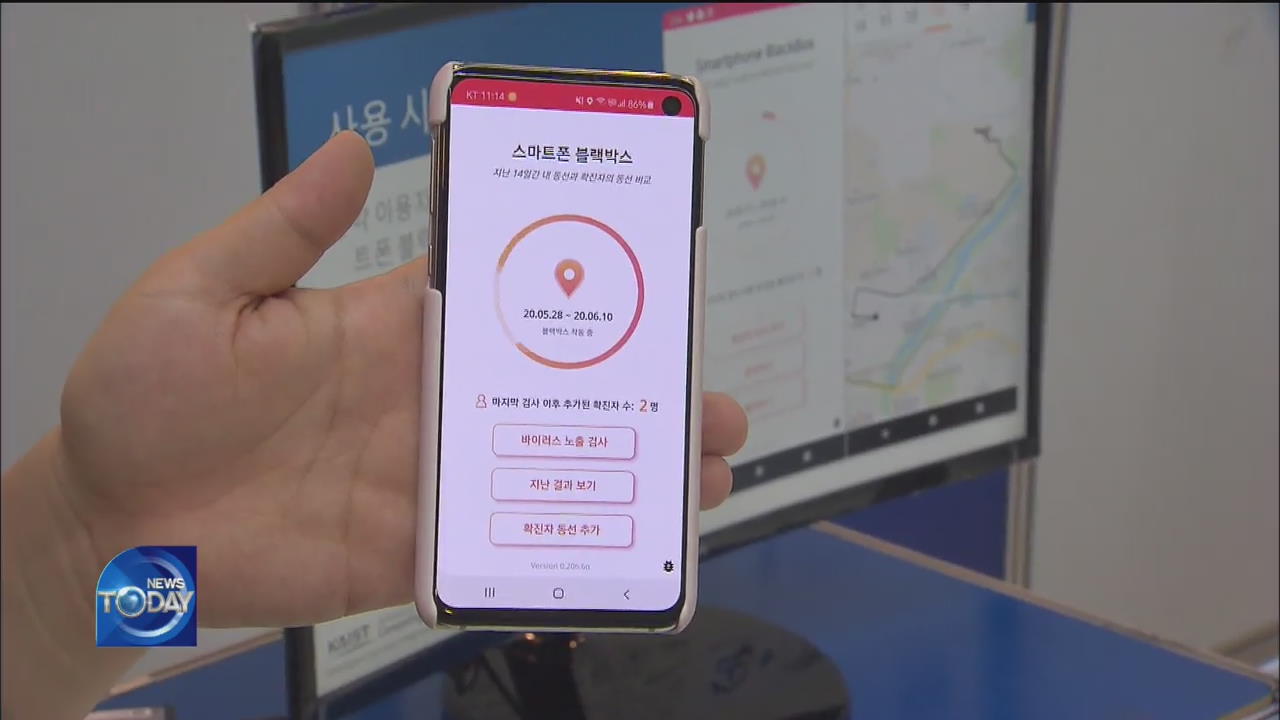
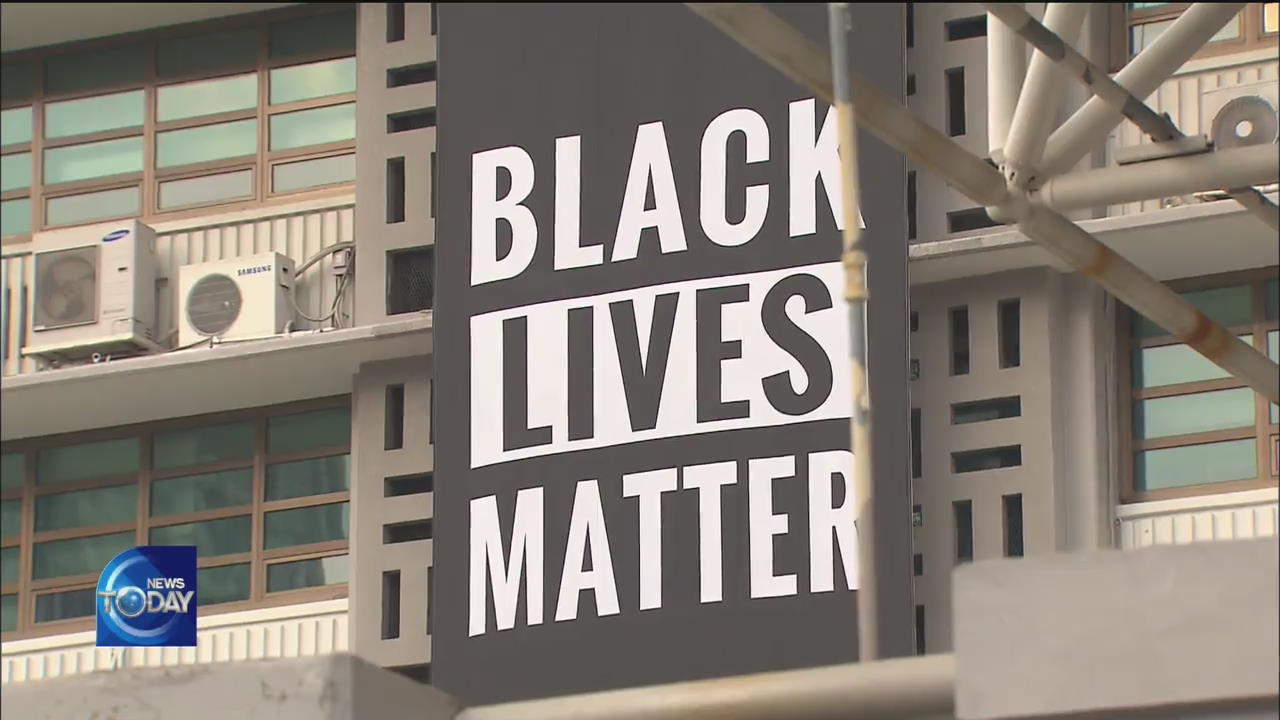
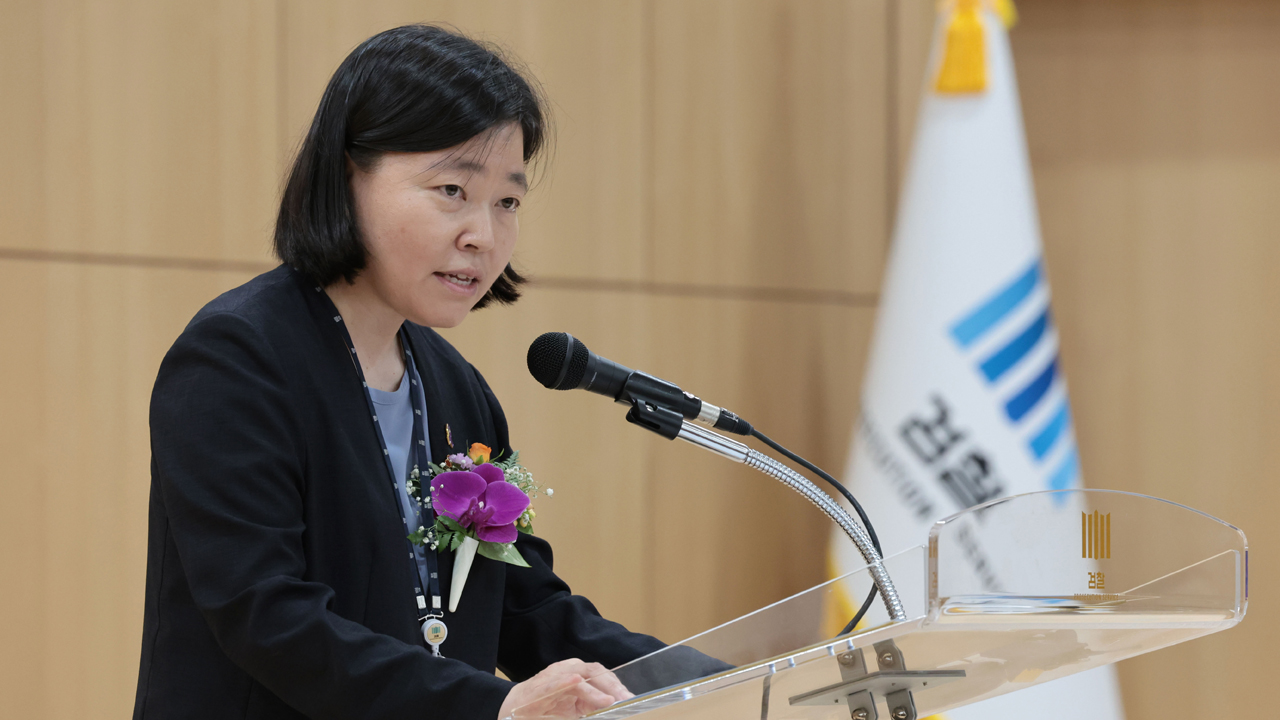

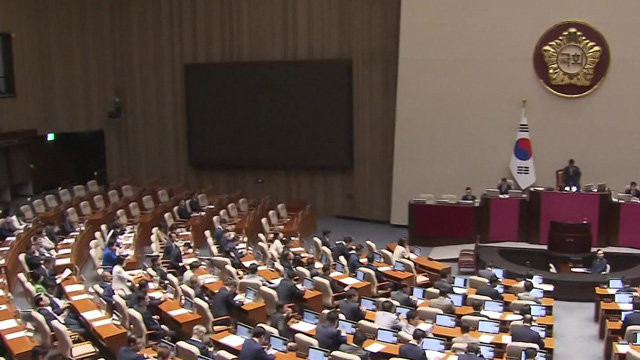
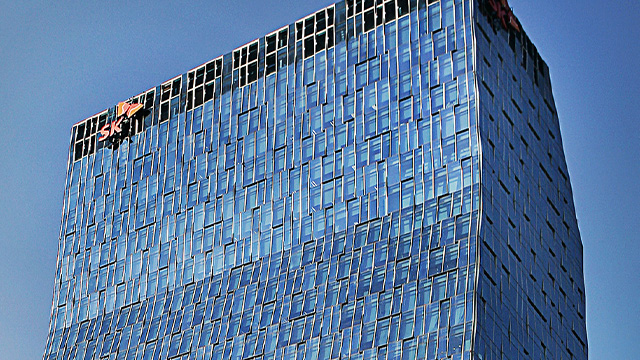

이 기사에 대한 의견을 남겨주세요.